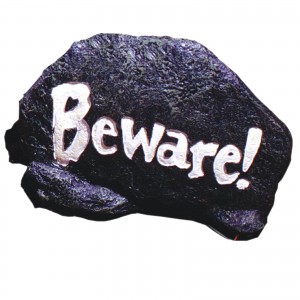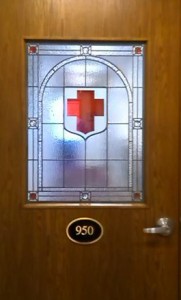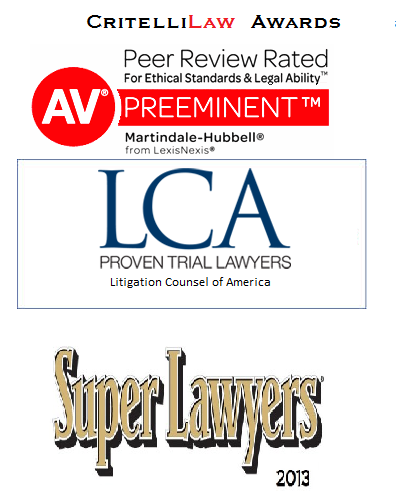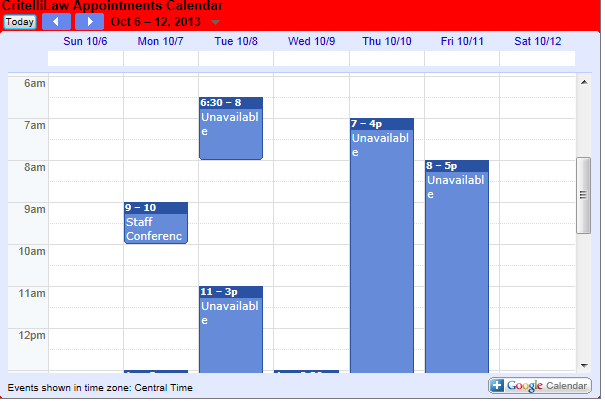The Fictitious Client Scam
Jun 25th, 2011 | By critellilaw | Category: Public Service While most attorneys are too sophisticated to fall for the typical email lottery or inheritance scheme, some are finding themselves the victims of what we at CritelliLaw refer to as the fictitious client scam.
While most attorneys are too sophisticated to fall for the typical email lottery or inheritance scheme, some are finding themselves the victims of what we at CritelliLaw refer to as the fictitious client scam.
The scam itself is quite simple. The scammer contacts an attorney via email, fax or phone to retain the firm’s services on a contingency fee basis in a contract dispute with a company in the United States. The firms’ initial due diligence indicates that both the overseas and U.S. companies are legitimate and there is no conflict of interest. The firm then sends out its engagement agreement to the overseas company, which is promptly executed and returned.
Shortly thereafter the firm is notified that a settlement has been reached between the parties and the firm will be receiving settlement documents and funds. The funds arrive via a cashier’s check issued from a legitimate bank. The firm deposits the check in its client trust account. The bank informs the firm that the funds are “available” and so the firm wire transfers the proceeds, minus the firm’s fee, to the client who takes the proceeds and promptly converts it to cash and vanishes. A few weeks later, the cashier’s check is returned unpaid to the firm’s bank. The firm’s bank then deducts the amount of the check from the client trust account and freezes any other accounts the firm has in order to obtain any outstanding difference.
The success of this scam is largely dependent upon the firm’s lack of understanding of the cashier’s check. A cashier’s check is a check that is issued by a bank and sold to its customer or another purchaser. When you deposit a cashier’s check into your account, your bank is usually required by Federal Reserve Regulation CC to make the funds available within a specific period of time (typically one business day in the case of a cashier’s check). Thus, the funds are “available” for you to use but your bank has yet to receive them from the bank that issued the cashier’s check. When the issuing bank denies payment on the cashier’s check, your bank reverses the deposit to your account.
Due in large part to the availability of high quality scanners, printers and software applications, it is becoming increasingly difficult to detect fraudulent cashier’s checks. While the bank has some responsibility in detecting fraudulent cashier’s checks, the onus and consequences fall upon you.
The safest protection is the most obvious: don’t accept cashier’s checks. Since most of these scams involve large sums of money, the best method of protection is to set up a separate client trust account for the client. Using a separate trust account is allowed for most state’s regulations concerning trust accounts. (See, for example, Iowa Rule of Court 45.4(2). By having the settling party wire transfer the funds into that account, you can ensure that the funds are actually received before disbursing them. You are also insuring that your other clients’ trust funds will be safe and not affected.
Where this is not practicable, then try to ensure that the cashier’s check is issued or reissued from a local bank or a bank that has a local branch. You can then take the check to that bank and ensure it is genuine. If this is not possible, then you should contact the issuing bank by using the FDIC’s Institution Directory.
Finally, you simply must wait until the cashier’s check has been honored by the issuing bank before making any disbursement. This can take anywhere from a few weeks to a few months depending upon the location of the issuing bank. Any legitimate client should understand and appreciate your efforts to ensure that the settlement payment is genuine. A fictitious client will not.













